Understanding the Difference between a Trust and a Will
Understanding the Difference between a Trust and a Will
As a Rhode Island resident, you might be considering estate planning as a way of securing your assets and ensuring that your loved ones are taken care of after you pass away. However, you might find yourself confused between a trust and a will, and which one is best suited for you. This blog post will cover the key differences between a trust and a will, and their respective benefits and drawbacks.
A trust is a legal agreement between an individual (the grantor) and a trustee, wherein the grantor transfers assets to the trust, which the trustee manages on behalf of the beneficiaries. There are two main types of trusts: revocable and irrevocable. A revocable trust can be changed or revoked by the grantor at any time, while an irrevocable trust cannot be modified once created. One key advantage of a trust is that it avoids probate, which can be a lengthy and costly process. Additionally, assets in a trust are generally protected from creditors, lawsuits, and taxes.
On the other hand, a will is a legal document that outlines who will receive your property, assets, and other belongings after you pass away. A will allows you to name an executor to manage your affairs after your death and nominate guardians for your minor children. One key advantage of a will is that it allows for greater flexibility and simplicity compared to a trust. However, a will must be probated, which can be a lengthy and costly process, and it does not provide the same level of asset protection as a trust.
When deciding between a trust and a will, consider your individual needs and goals. For example, if you have significant assets or complex family dynamics, a trust might be the better option for you. Additionally, if you want to avoid the probate process altogether, a trust can help achieve that. However, if your assets are relatively simple, a will might be sufficient for your needs.
It's important to note that a comprehensive estate plan should include both a trust and a will. This is because a trust can hold certain assets, while a will covers assets that are not funded into the trust. Additionally, a will can serve as a backup plan for assets that were not properly included in the trust.
In summary, a trust and a will are both critical components of any estate plan, but serve different purposes. While a trust provides asset protection and avoids probate, a will allows for flexibility and simplicity. At Tomassi Law, LLC, our team of legal professionals can help tailor an estate plan that suits your individual needs and goals. Contact us today to learn more about how we can assist you with your estate planning needs.










